
I have always been interested in technology. When I was a kid, I had a computer very early and I was writing and learning code at around the age of 7 or 8 years old, simple stuff such as making the screen flash different colors — important skills I have since forgotten. However, from computers to phones to TV systems, I have always embraced technology and I love playing with gadgets.
When it comes to cameras, I have owned one, be it a point and shoot, DSLR, or mirrorless, for probably the past 20+ years. However, my first ‘proper’ camera away from the point-and-shoot systems was bought for me by my now-wife back in 2014, and it was a Nikon D5200.
I remember telling Louise (my wife) of my love of photography and the fact that I had never really gotten into it properly due to a lack of confidence and also a lack of encouragement and support, so she marched me down to Currys (a British electronics retailer) and said: “let’s choose you a camera.” I love that she did that.
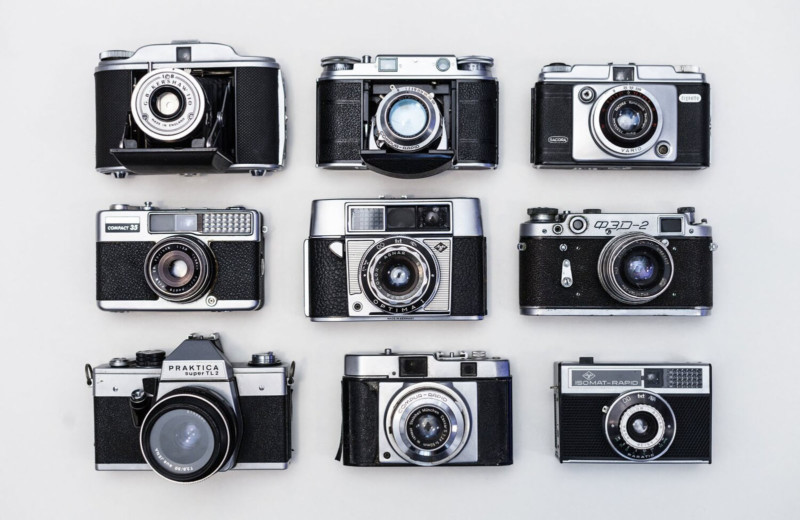
I had zero clue what I was looking for and my decision was purely based on budget at that point — I had no idea what I wanted to shoot or how seriously I would take it, I knew I enjoyed it but saw it more as an “as and when” thing, so after what seemed like an entire afternoon staring at a handful of systems, I opted for the Nikon D5200.
There was no factor that pulled me in — I just liked the look of it, the feel, and it was in budget. There was zero consideration to specs or end use. It was a totally blind purchase. Ironically I have kind of come full circle and returned back to more innocent purchases like this.
I was hooked from the moment I mounted the kit lens that came with the camera. Having a DSLR opened up so many more opportunities to be creative, be it with different focal lengths, the use of depth of field, or even in editing with having the ability to alter your images in many more ways than I had previously known. Here are a few images I took through my first few months;
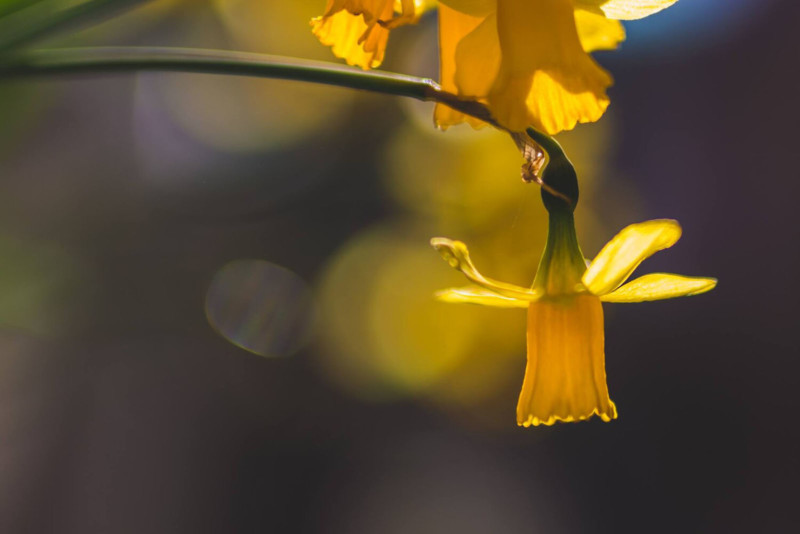
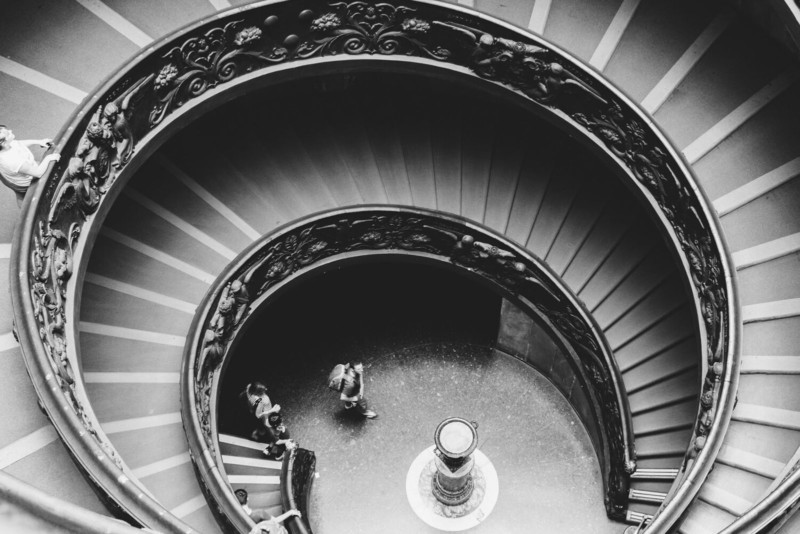
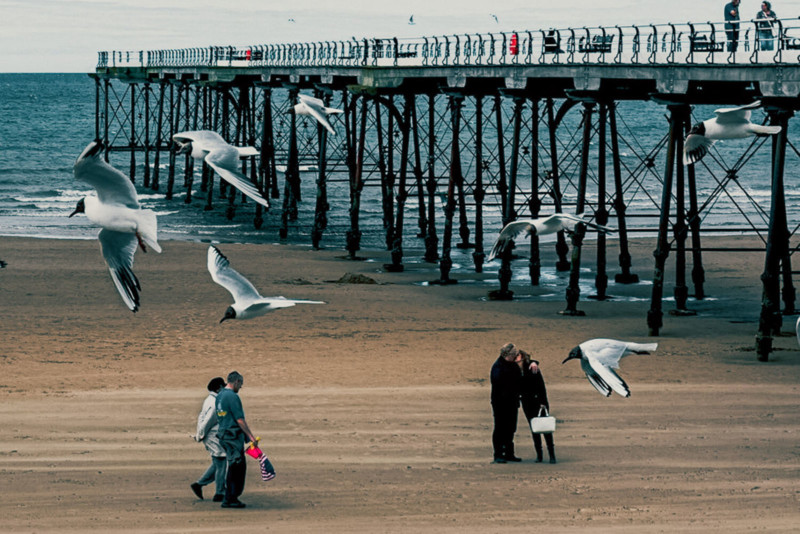
As time has gone on, my love for picking up a camera hasn’t changed. I am just as excited now to go out and try and ‘create’ as I was back in 2014 when I first loaded up my camera bag for that beginner trip out. However, what has changed, a multitude of times, is the system that is in my hands.
My Journey
I went from the D5200 to a small Fujifilm X100T for my day to day shooting, but for my main camera system I moved from the D5200 to the D750 (due to venturing into wedding photography and I needed a much more capable system for that), and the jump was huge.
From crop sensor to full-frame alone was a big difference, but my system was now also bulkier and much heavier (that Sigma 135mm prime still appears in jokes I have with other photographers).
Did my photographic skill go up? I would say yes. I was shooting more, with much more capable equipment, and also in much more varied conditions and scenarios and so I was having to push myself more. And naturally, the more you do something the better you become.
However, I then found the joy of mirrorless (with my X100T and having been tempted by seeing a Fujifilm X-T2 in action), and suddenly my thought process while shooting had changed. I had access to many more focal points across the whole frame and also an EVF, IBIS, much quicker autofocus speeds (I bought a Sony a7 III).
Did my photography improve? Yes again. The mirrorless system meant I could now see my exposures and I didn’t have to worry as much about focus acquisition and I could focus my attention on composition and framing and also my subjects. Gear changes did not improve the images I was taking from an interest point of view or a compositional point of view, but what it did improve was the ease of which I could nail exposure or ensure images were at least in focus.
The better systems meant I could focus more attention on the actual image and less on the camera. Therefore through being able to do this, it did improve my photography. Since my Sony, I have jumped around quite a bit from Fuji, Ricoh, and back to Nikon and I have owned multiple systems for each. I know the reason for this though, and that was frustration, all to do with user experience.
Cameras today are very capable. Any system is capable of probably 95% of what most photographers will shoot. Then what is the only factor you can use to decide them apart? Well, I would say usability is the main one for me — how the camera feels to use and whether it makes me want to go out and shoot.
So what is G.A.S.?
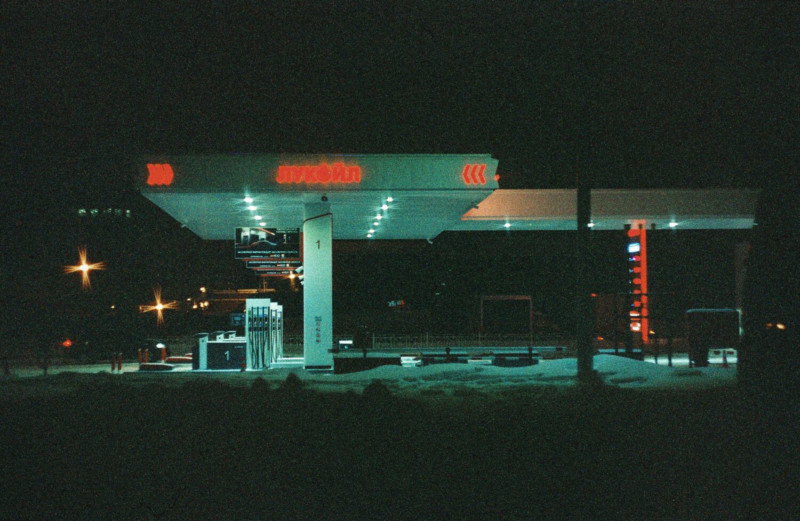
G.A.S.
G.A.S. (Gear Acquisition Syndrome) is a term often used in photography for people who buy a lot of gear, but I personally think it is often misinterpreted. There is nothing wrong with wanting many different cameras. I currently own 8 different video game consoles and the reason being they all give me something different to experience and enjoy, and I see cameras in exactly the same way, or at least now I do.
I think when I first started out, my jumping around was all based on wanting those latest features. I wanted the Eye AF, I wanted the quicker autofocus speed, I wanted the smaller body. However, when using them I found that yes I had Eye AF on the Sony system but the experience of actually shooting felt less ‘photographic’ than when I owned my D5200.
Yes, I had a smaller body with the Ricoh but now my screen was fixed and I couldn’t see my framing when changing perspectives (which I often do). I was not thinking about what I was losing with switching and I was focusing on what I thought I was gaining through looking at a specification sheet.
I think we can all agree that 2020 was a reflective year for most of us and I have had my fair share of ups and downs through it too, and a huge difference for me is that I have been working from home since March 2020. I work in the same room as where I store my photography equipment and one day I opened my drawer to see 7 different systems with a bunch of different lenses and I realized that half of them I couldn’t see myself picking up if I was to go out because the love for them had gone. So why did I even own them? I had a clear out, 7 became 2, and wow did that feel good.
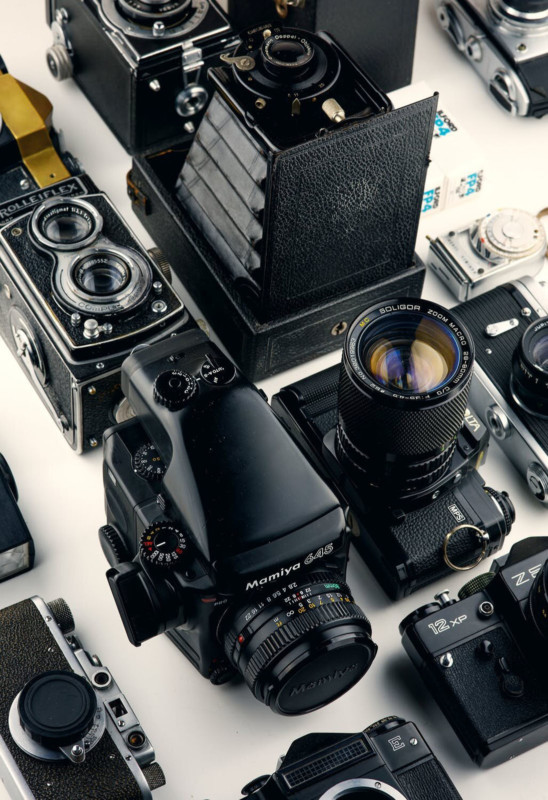
Sir, I Feel You Could Have a Bad Case of G.A.S.
Do I feel I have G.A.S.? Well, it depends on how you look at it.
I see G.A.S. as someone who buys camera equipment because they feel it will make them a better photographer. Even though I knew that gear wouldn’t make me produce better images, I did at some point feel that having access to various, ‘better’ features would make it easier to shoot and therefore speed up my skill growth. However, I do not see G.A.S. as being the process of buying cameras on the basis that you want a different experience or just because you like the look of a camera.
For example, this year I will (hopefully) be adding a Leica Q2 to my collection. Do I need a Leica Q2? No. Will it improve my photography? No. So why drop serious money on it? The reason being it is a camera I like. I wanted to own the original Q but at the time didn’t have the finances, but now I feel the Q2 will give me something more in that I will have the extra resolution. If the 28mm is too wide (a worry I had with the original Q), I can now crop with less worry of losing quality.
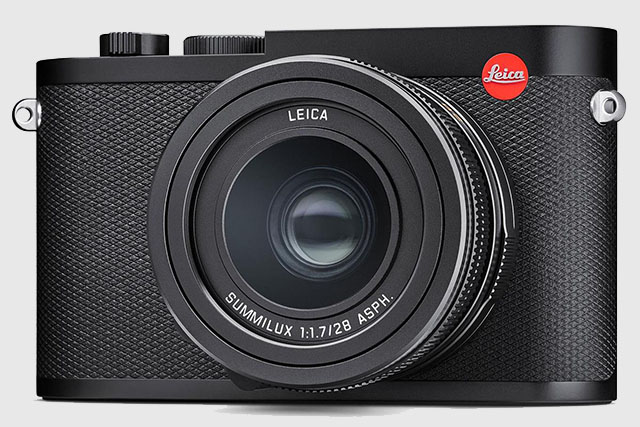
I think where I am now with my gear buying is totally different to a couple of years ago when I bought a camera because it had a .01 second faster autofocus. Now it is purely me satisfying one of two simple questions: 1) “What gap does this system fill?” or 2) “Is this a camera I really want to have as part of my collection?”
That’s it.
So the Leica Q2 isn’t going to fill a gap, but it is one I would really like to own as part of my collection so it gets onto the yes list. However, let’s consider the new Fujifilm GFX 100S (a camera I have been asked a number of times if I would be purchasing), a system I have no interest in. Pros: it looks like a decent camera, it has a 100MP sensor and that detail would be nice, but I rarely print my work and usually display it on screens, so what’s the point? People who stress about megapixels and then share their work predominately through social media have always baffled me.
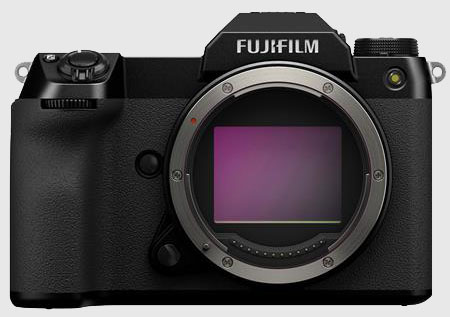
What’s more, I have no interest in dealing with those file sizes. The camera also doesn’t suit my type of photography and it is a big camera. I know it is much smaller than other GFX systems, but it is still the size of a larger full-frame mirrorless camera. I have my Nikon Z6 II in that category and honestly, I would choose it over the GFX any day of the week for what I need a camera to do. That camera doesn’t fill a gap in my collection and it isn’t a camera I am interested in owning, so it is on the no list.
Laying my cards completely on the table, and in no way trying to be disrespectful, I really don’t care what people shoot with. Be it a phone, point and shoot, mirrorless, medium format camera, blah blah blah, it really does not matter. You know what matters? The image.
I know that sounds cliché but it really is all that you are judged on in terms of your photographic ability.
I get that people may have an interest in equipment and gear, but it doesn’t matter what took the image, what matters is that shot, that moment. I have had conversations with people determined to prove a Fuji camera is better than a Sony camera or a Nikon camera is a terrible choice and really it does not matter. I do not care. Use that energy to take whatever camera you have and go out and take some photographs.
Yes, my skill did improve as my gear improved, but nowhere near the pace it improved because of practice, watching videos, talking to other photographers, and generally just learning the craft. Gear does not make the photographer.
Conclusion
So what are my final thoughts? Well first of all, if you are someone who buys a lot of camera equipment because you think that is the way to improve, then rethink. If you are someone who buys a lot of camera equipment because it is your hobby and passion and you genuinely just like having different cameras for different purposes or just because you want to own something, then go for it.
If anybody has any negativity to throw at you because you buy cameras for your own pleasure, then that says more about them and their own insecurities than it does about you as a photographer. You don’t owe anybody anything and are free to spend your money how you see fit. Just think about the reason why that little bit more. Otherwise, you may end up as I have on a number of occasions with a purchase that really offered no extra benefit.
About the author: Lee Thirkellson is a photographer and writer. The opinions expressed in this article are solely those of the author. Thirkellson is the founder of The Northern Street Collective. You can find more of Thirkellson’s work on his website and Instagram. This article was also published here.
Image credits: Header illustration based on stock photo licensed from Depositphotos